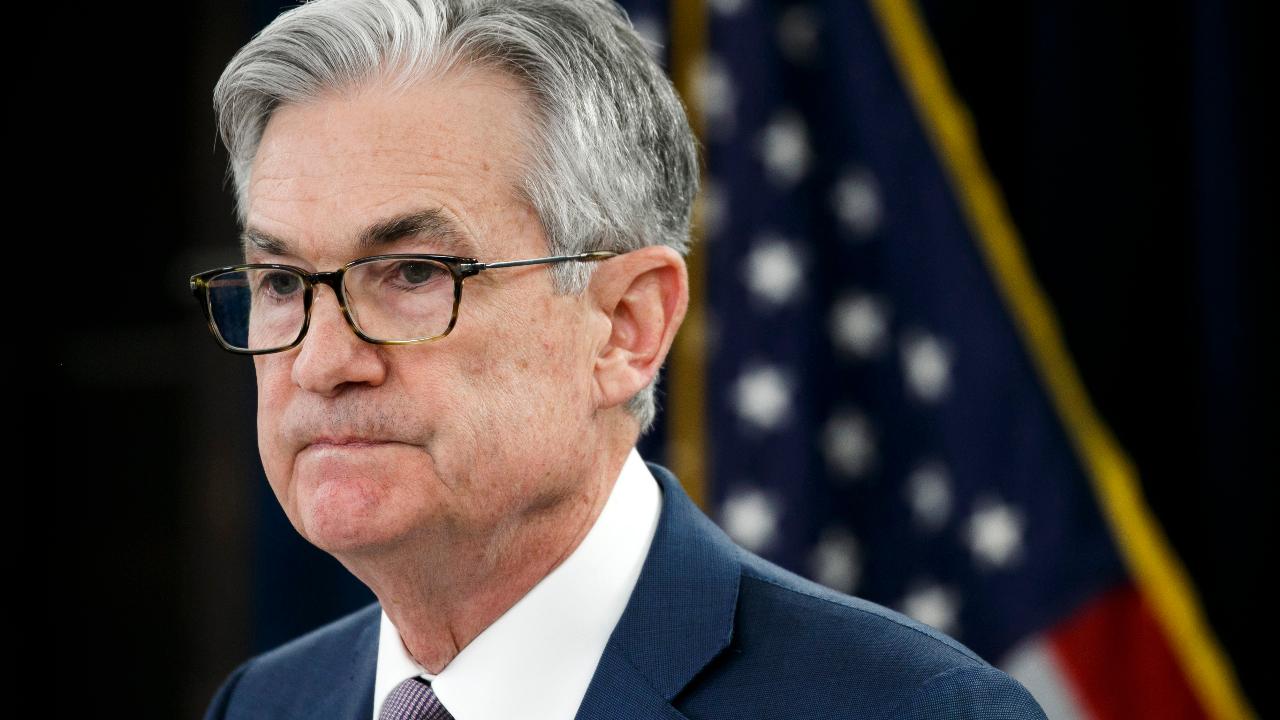Jerome Powell, the 16th Chair of the United States Federal Reserve, holds one of the most powerful economic roles in the world. As of 2025, Powell’s net worth is estimated at $55 million, making him the wealthiest Fed Chair since the role was established in 1913. With a career that spans law, investment banking, private equity, and public service, Powell’s financial journey reflects a calculated mix of strategy, education, and timing.
Early Life and Education
Born on February 4, 1953, in Washington, D.C., Jerome Hayden Powell is now 72 years old. He grew up in a well-educated family and later attended Princeton University, where he earned a Bachelor’s degree in Politics in 1975. He continued his academic career at the Georgetown University Law Center, graduating in 1979 with a Juris Doctor degree.
His early years showed no indication he would one day oversee America’s central banking system. Instead, Powell’s first steps in his career led him into the world of law, then quickly into finance—two fields that would shape his future influence.
A Lucrative Career in Investment Banking
After earning his law degree, Powell worked briefly in legal roles but found his stride in finance. He joined the world of investment banking in the 1980s, gaining valuable experience in the fast-paced environment of Wall Street. By the late 1990s, Powell had become a partner at the Carlyle Group, one of the largest private equity firms globally.
While specific compensation figures from his time at Carlyle are not public, it is widely acknowledged that this position significantly boosted his net worth. Carlyle’s growth during that era was remarkable, and partners at the firm often accumulated substantial wealth through equity stakes and fund participation.
As of 2024, Carlyle manages over $426 billion in assets, and its public stock has more than doubled in value since Powell took over the Fed Chair in 2018—though he has since divested from direct market investments to avoid conflicts of interest.
Founding Severn Capital Partners
In 2005, Powell left Carlyle and founded his own private equity firm, Severn Capital Partners. The company specializes in niche investment areas such as litigation finance, distressed assets, acquisitions, and formal liquidations. Severn’s approach is hands-on, with Powell and his team taking active roles in steering portfolio companies toward growth or recovery.
The firm’s strategy and Powell’s own philosophy—favoring calculated risks with clear oversight—aligned well with his later role at the Fed, where precision and long-term vision are essential.
Entry into Public Service
Powell’s transition into public service began in 1992, during the George H.W. Bush administration, where he served as Under Secretary of the Treasury for Domestic Finance. This early taste of federal economic policy work laid the groundwork for his future influence.
In 2012, President Barack Obama appointed Powell to the Federal Reserve Board of Governors, marking a rare instance of a Republican receiving a nomination from a Democratic president. This bipartisan trust would define Powell’s future at the Fed.
In 2018, President Donald Trump appointed him as Federal Reserve Chairman, succeeding Janet Yellen. Despite being Trump’s pick, the two clashed publicly over interest rate policy, with Trump repeatedly pressuring Powell to lower rates—a move Powell resisted to maintain institutional independence.
President Joe Biden, recognizing Powell’s stability and bipartisan support, renominated him in 2021, showing rare political continuity across administrations.
Salary and Official Earnings
As of 2025, Jerome Powell earns an annual salary of $190,000 as Chairman of the Federal Reserve. This income is a modest portion of his total wealth and is dwarfed by his earnings from prior positions in private equity and investment banking. Federal disclosure documents from his 2018 nomination suggested his assets ranged from $20 million to $55 million, with some estimates once placing them as high as $112 million.
Today, most estimates point toward the upper end of that range, placing Powell’s net worth near $55 million. He no longer holds direct equity in publicly traded firms or speculative assets, in compliance with ethics rules for federal officials.
Wealth Comparison and Influence
With a net worth exceeding $50 million, Powell is by far the wealthiest Fed Chair in recent history. For comparison, his predecessors such as Ben Bernanke and Janet Yellen reported far more modest financial disclosures, with net worths closer to the $2–4 million range during their tenures.
Still, Powell’s wealth hasn’t translated into overt displays of opulence. Known for his measured tone and practical attire, Powell maintains a low-key lifestyle. His financial footprint includes real estate holdings, bond funds, retirement accounts, and trusts, with no known luxury assets or high-profile endorsements.
Policy Impact and Legacy
Beyond finances, Powell’s impact as Fed Chair is monumental. He has overseen some of the most turbulent economic periods in modern history—including the COVID-19 pandemic, inflation surges, and the interest rate tightening cycle of 2022–2023.
He has also led efforts to modernize the Fed’s approach to employment, monetary policy transparency, and digital currency research. His leadership has garnered praise for steering the economy through crises while maintaining long-term goals like inflation control and stable job growth.

